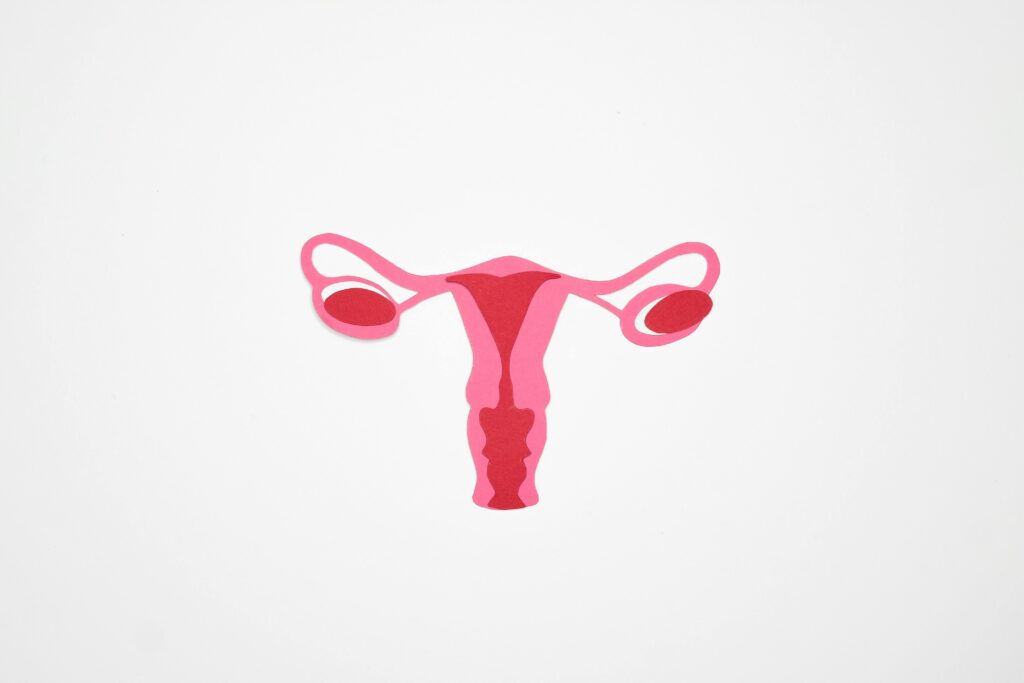Embrace Change: Managing Vaginal Odor During Menopause

Menopause can be many things—empowering, unpredictable, and at times, uncomfortable. While hot flashes and mood swings often get the spotlight, many women quietly deal with another common (but rarely talked about) issue: changes in vaginal odor.
As estrogen levels decline, your body undergoes several shifts—one of the most notable being changes in the vaginal microbiome. This can lead to dryness, irritation, and yes, unfamiliar odors. But the good news? You’re not stuck with it. By supporting your body and your vaginal microbiota, you can stay fresh, comfortable, and confident through every stage of change.
Let’s unpack what’s happening, what causes these changes, and what actually helps.

Why Vaginal Odor Changes During Menopause
Vaginal odor is largely influenced by pH and the bacteria that naturally live in the vaginal environment. In your reproductive years, estrogen helps keep vaginal pH low, creating an acidic environment where protective bacteria—especially Lactobacillus species—thrive. These bacteria help prevent infections and keep odor-causing microbes in check.
But during perimenopause and menopause, estrogen levels drop. As a result:
- Vaginal pH rises
- Lactobacillus levels decline
- Opportunistic bacteria and yeasts may overgrow
- Moisture decreases, and tissue becomes more fragile
These changes create a perfect storm for discomfort, odor, and infections. You might notice a stronger or unfamiliar scent, even without any infection present. This is not about hygiene—it’s about biology.
A 2023 randomized, double-blind, placebo-controlled clinical trial published in Beneficial Microbes evaluated the impact of Lactobacillus crispatus-containing oral and vaginal probiotics on vaginal health. The study demonstrated that these probiotics effectively restored vaginal pH balance and reduced the recurrence of bacterial vaginosis in postmenopausal women, highlighting their potential as a therapeutic option for maintaining vaginal health during menopause.

What Helps: Lifestyle and Probiotic Support
While you can’t control your hormones, you can support your vaginal health through a few simple steps:
- Avoid harsh soaps or vaginal washes
- Wear breathable cotton underwear
- Stay hydrated and eat fiber-rich foods
- Support your microbiome with the right probiotic
When choosing the best probiotic for vaginal odor, it’s important to look for strains that are clinically shown to support vaginal health—not just general digestive blends.
That’s where Bioma Menopause Probiotics comes in. It’s specifically formulated for women in midlife and beyond, combining science-backed strains like Lactobacillus rhamnosus and Lactobacillus reuteri to support vaginal flora, reduce odor, and ease common menopausal symptoms like dryness and irritation.

Comparison: Vaginal Health Before and After Menopause
| Feature | Before Menopause | During/After Menopause |
|---|---|---|
| Estrogen Levels | High, stable | Declining |
| Vaginal pH | Acidic (3.8–4.5) | More alkaline (up to 5.5–6.0) |
| Dominant Bacteria | Lactobacillus species | Reduced Lactobacillus, more diverse |
| Risk of BV/Yeast Infections | Lower | Higher |
| Vaginal Moisture | Balanced | Often reduced |
| Odor Concerns | Minimal | More common |
The Science Behind Probiotic Use for Vaginal Health
Supporting your vaginal microbiome with the right probiotic isn’t just a trend—it’s supported by growing scientific evidence.
A 2022 review published in Microorganisms emphasized that oral probiotics—particularly strains of Lactobacillus—can help support vaginal health by restoring microbial balance, enhancing mucosal immunity, and reducing urogenital discomfort. The study highlights how these effects may be particularly relevant for postmenopausal women, who often experience changes in vaginal flora due to declining estrogen levels.
This is especially important when you consider how often recurring infections and odor are mismanaged with antibiotics or harsh products that worsen the microbiome imbalance.
With the right approach, your body can do what it was always designed to do—maintain balance.

Embrace the Shift, Support Your Body
Menopause is a major transition, but it doesn’t have to be a struggle. Vaginal odor is just one of the many changes that can catch you off guard, but it’s also one of the most manageable when you understand what’s really going on.
By supporting your vaginal microbiome with targeted probiotic strains, avoiding irritants, and embracing a gut-focused approach, you can feel more in control and more comfortable during this chapter of your life.
If you’re looking for a smart, evidence-based way to feel fresher, more balanced, and supported, Bioma.health may be exactly what your body’s been asking for. Designed with real women’s needs in mind, it helps restore what time and hormones may have disrupted.
Embracing change doesn’t mean giving up comfort—it means evolving with support. And that starts with your microbiome.
Related articles






